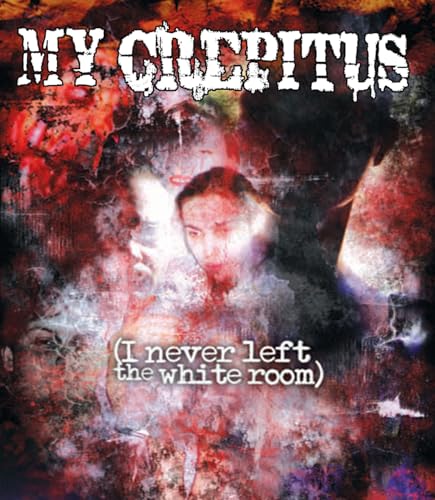366 Weird Movies may earn commissions from purchases made through product links.
DIRECTED BY: Takeshi Kitano
FEATURING: Takeshi Kitano, Aya Kokumai, Tetsu Watanabe, Masanobu Katsumura
PLOT: The yakuza dispatches an enforcer to Okinawa to resolve a dispute between rival gangs, but the ensuing conflict threatens the future of his clan and his very life. COMMENTS: If you made a checklist of essential gangster-film elements, Sonatine would check a lot of boxes. Lone assassin, shootout in a bar, car bombing, cute moll faithfully standing by, thoughts of retirement balanced with the inescapability of the criminal lifestyle… they’re all here, and yet not one of them hits in the way you expect. Sonatine is unquestionably a crime film, particularly the Japanese-yakuza-chronicle variety, but it operates at a wildly different pace than its brethren.
COMMENTS: If you made a checklist of essential gangster-film elements, Sonatine would check a lot of boxes. Lone assassin, shootout in a bar, car bombing, cute moll faithfully standing by, thoughts of retirement balanced with the inescapability of the criminal lifestyle… they’re all here, and yet not one of them hits in the way you expect. Sonatine is unquestionably a crime film, particularly the Japanese-yakuza-chronicle variety, but it operates at a wildly different pace than its brethren.
At the time he made Sonatine, Takeshi Kitano was as close as Japan had to a “king of all media,” having found success in film, television, and even stand-up comedy. This project, however, found him ruminative and depressed. So it’s probably no wonder that his mob middleman, Murakawa, is similarly disenchanted with his life. Audiences were well-trained to expect an antihero with deep emotions, but very little would have prepared them for the taciturn, blank-faced hitman presented here.
When Murakawa complains that he lost three men on his last assignment, his protest—“I don’t like it”—feels like it would be a threat for retaliation coming from anyone else. But as Takeshi delivers it, it’s a resigned grump. Faced with other threats or inflection points, his response at every turn is quiet contemplation. Rivals have bombed his headquarters? Quiet contemplation. One of his underlings shot in the head right in front of him? Quiet contemplation. He witnesses an ugly attempted rape? He slaps the perpetrator, then quickly shoots the surprised assailant in the belly before quietly contemplating the victim. Murakawa is tired and devoid of hope, a character well-past finding bursts of violence to be alarming or invigorating. Takeshi does more to point up the essential hollowness and indignity of organized crime than 20 film scoldings could accomplish.
The desperate blankness of Murakawa brings brief moments of diversion and happiness into stark relief. As he and his underlings are stowed away at an Okinawan safehouse, he finds moments of pleasure that are surprising in their simplicity. A game with folded-paper sumo wrestlers is transformed into a live-action version, and Takeshi’s smile is captivating. He also has fun shooting fireworks and prankishly digging sandpits on the beach. But he knows all too well that death is close at hand; no pleasant distractions or pretty admirers can solve the fundamental malaise.
The climactic showdown is the ultimate proof of Takeshi’s concept: cornered on all sides, Murakawa plans and implements a bloody revenge on his foes. True to form, we see almost none of it, save for distant flashes of light and smoke and brief intercuts of bloody reprisals (set to the Tangerine Dream-esque score of legendary composer Joe Hisaishi). There’s no joy in it, no escape, no “one last showdown” to give him a brighter future, even if the plot conspired to provide him with one. Filmgoers expecting a gritty crime drama must have found this slow, grim-faced character study a strange proposition. But say this for Takeshi: his checklist might have been different than his audiences, but all his boxes are checked.
WHAT THE CRITICS SAY:
(This movie was nominated for review by film izle. Suggest a weird movie of your own here.)




 throughout the book. (Here, “throughout” should be taken to mean “in every damn sentence.”) You know who would agree? Joyce’s countryman
throughout the book. (Here, “throughout” should be taken to mean “in every damn sentence.”) You know who would agree? Joyce’s countryman 




